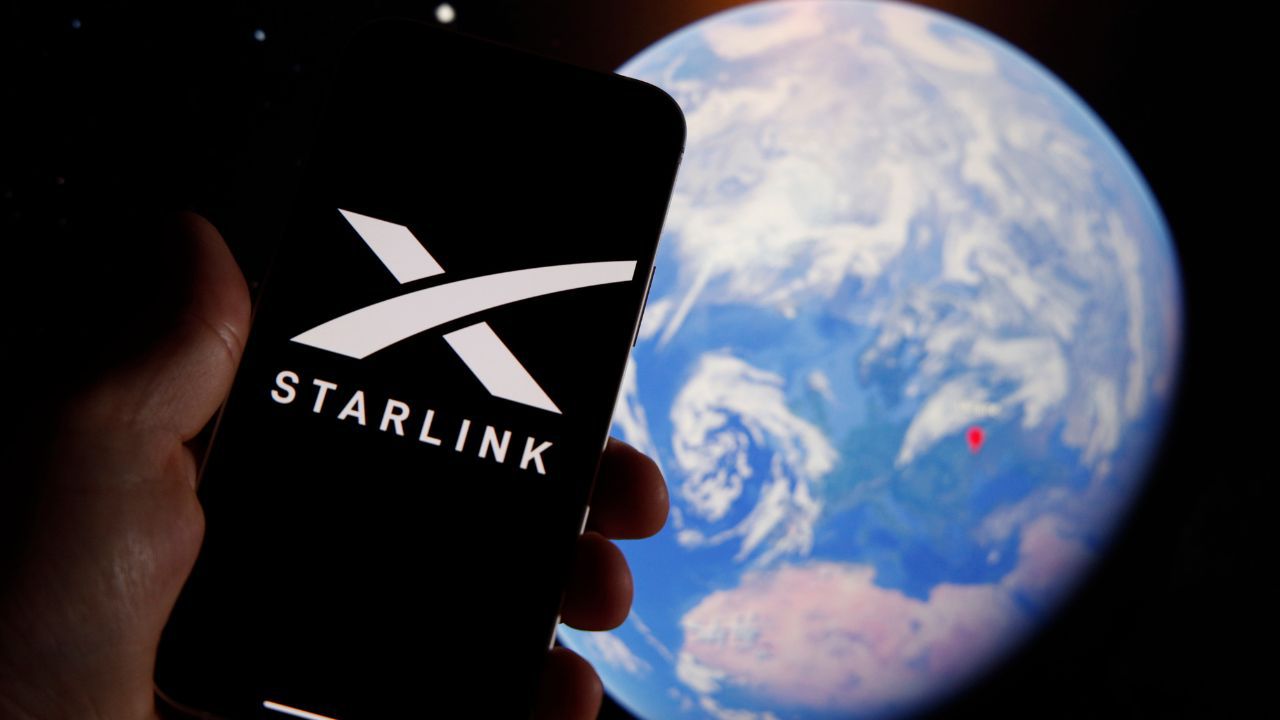Elon Musk's satellite internet service, Starlink, is set to launch in India with plans costing less than ₹850 per month. This could have a big impact on the country's digital access, especially in rural areas that lack good internet service. Starlink's primary objective is to provide high-speed, low-latency internet access to regions where traditional broadband infrastructure is lacking. By utilising a constellation of low Earth orbit (LEO) satellites, Starlink can deliver reliable internet services even in the most remote parts of India.
Read: Medium Enterprises Could Reshape India’s Future- NITI Aayog Explains How
Competitive Pricing Strategy
In the United States, Starlink's basic plan starts at $80 (approximately ₹6,800) per month. However, recognising the price-sensitive nature of the Indian market, the company plans to offer its services at a significantly reduced rate of around ₹850 per month. This aggressive pricing strategy aims to attract a substantial user base, potentially reaching up to 10 million subscribers in the medium to long term.
Collaborations with Indian Telecom Giants
To facilitate its entry into the Indian market, Starlink has partnered with major telecom players, including Reliance Jio and Bharti Airtel. These collaborations will leverage the existing infrastructure and customer base of these companies, ensuring a smoother rollout of Starlink's services across the country.
Click here to read the latest reports!
Regulatory Approvals and Challenges
While Starlink has received a Letter of Intent from the Department of Telecommunications (DoT), granting it permission to commence satellite communication services in India, certain regulatory challenges remain. The Telecom Regulatory Authority of India (TRAI) has proposed additional charges, including a ₹500 per month urban user fee, which could affect the overall affordability of the service.




